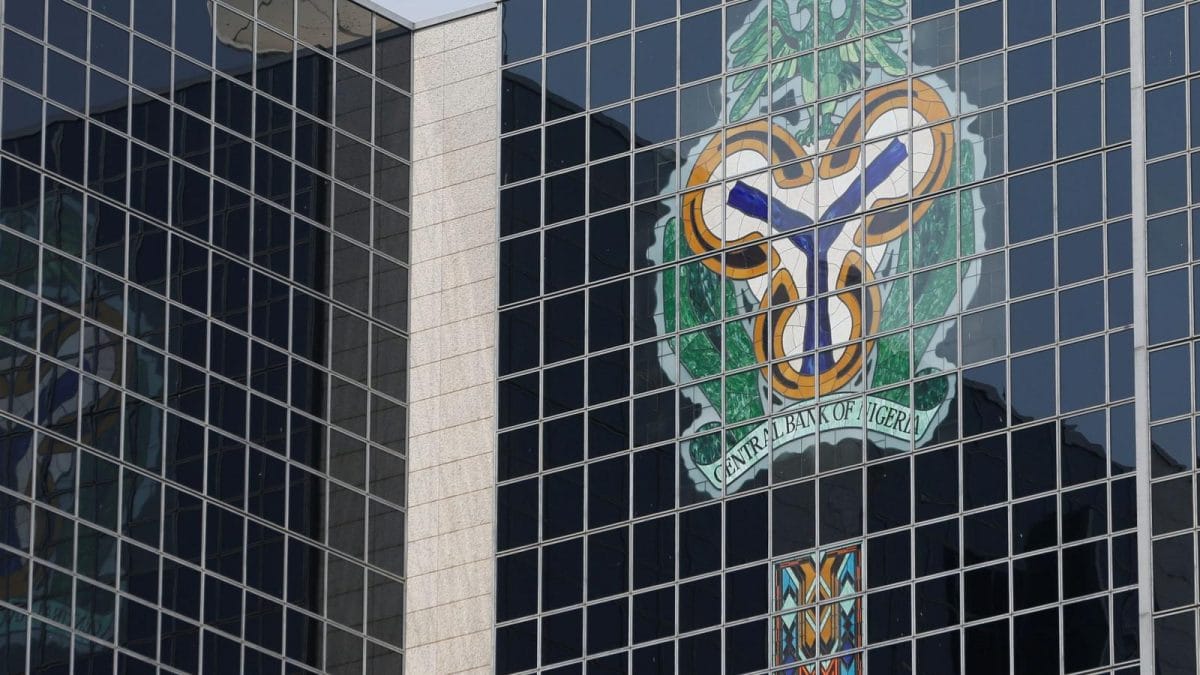Nigeria’s domestic borrowing rose by 132 per cent to reach N51.96 trillion at the end of 2023.
The director general of the Debt Management Office, Patience Oniha, disclosed this recently while speaking to CNBC Africa on the need to have an African Debt Managers Initiative Network.
According to her, Nigeria’s new domestic income grew to N7 trillion in 2023 alone.
“I am happy to say that in 2023, the new domestic borrowing was N7.04 trillion, and as we speak, that has been raised in full.
“So, I don’t need to explain how we raised it, but it has been raised. When you compare it to the N3.5 trillion of last year, it tells you that the market has debt for us to raise money,” he said.
According to available debt records, Nigeria’s total domestic debt was N22.21 trillion at the end of December 2022. This increased significantly by the end of June to N48.32 trillion in 2023.
DMO explained that the major addition to the public debt stock was the inclusion of the N22.71 trillion securitised FGN’s Ways and Means Advances, which was reflected in domestic borrowings and the N7.04 trillion new domestic borrowing this year, resulting in the N51.96 trillion domestic debt figure as of 2023.
“We still had an auction this week. Subscription levels have been good, and the rates have been very responsible below the monetary policy rate, so it just tells you that there is liquidity,” she declared, noting that the government expects its outing in the domestic market to continue in 2024.
Speaking on the foreign debt market, Oniha stated that “There is still uncertainty around the world from the Russia-Ukraine war. So, foreign investors are a bit more cautious. Let’s use the word, risk-averse, and they are investing in those triple A or double A rating securities offering them high rates, four per cent, five per cent.”
Oniha urged the government to firm up a revenue generation drive at all levels.
“Several governments had tried to change that narrative and improve revenue, but now we see a presidential committee on fiscal reforms and taxes, so we expect the narrative to change to higher revenues. Looking at the MTEF for 2024 to 2027, you can see the direction in that regard.
“If you increase revenues, clearly your need for borrowing will be reduced. With your revenues, you can provide more services. But also, your debt-service to revenue ratio will be lower,” she said.
Recall that Nigeria’s total public debt stock, external and domestic, as of June 30, 2023, was N87.38tn, according to the DMO.
rates, four per cent, five per cent.”
Oniha urged the government to firm up a revenue generation drive at all levels.
“Several governments had tried to change that narrative and improve revenue, but now we see a presidential committee on fiscal reforms and taxes, so we expect the narrative to change to higher revenues. Looking at the MTEF for 2024 to 2027, you can see the direction in that regard.
“If you increase revenues, clearly your need for borrowing will be reduced. With your revenues, you can provide more services. But also, your debt-service to revenue ratio will be lower.”
Recall that Nigeria’s total public debt stock, external and domestic, as of June 30, 2023, was N87.38tn, according to the DMO.
Nigeria’s domestic debt grows by 132 per cent, hits N51.9trn in 2023



